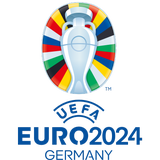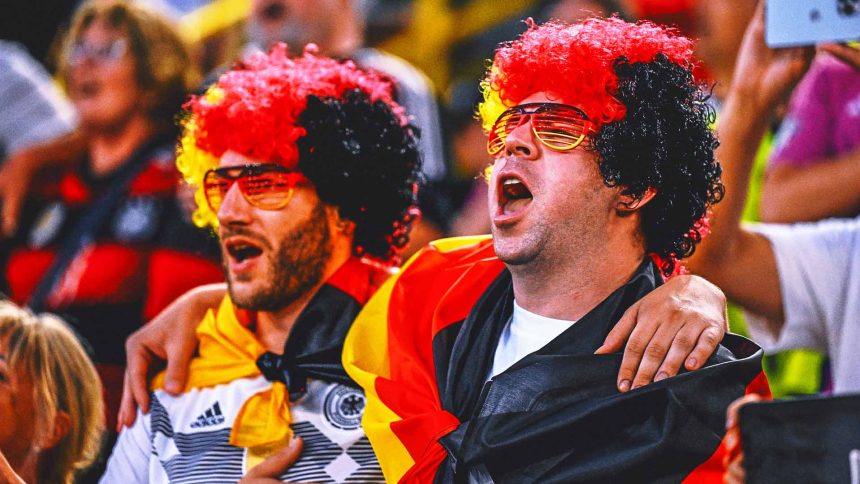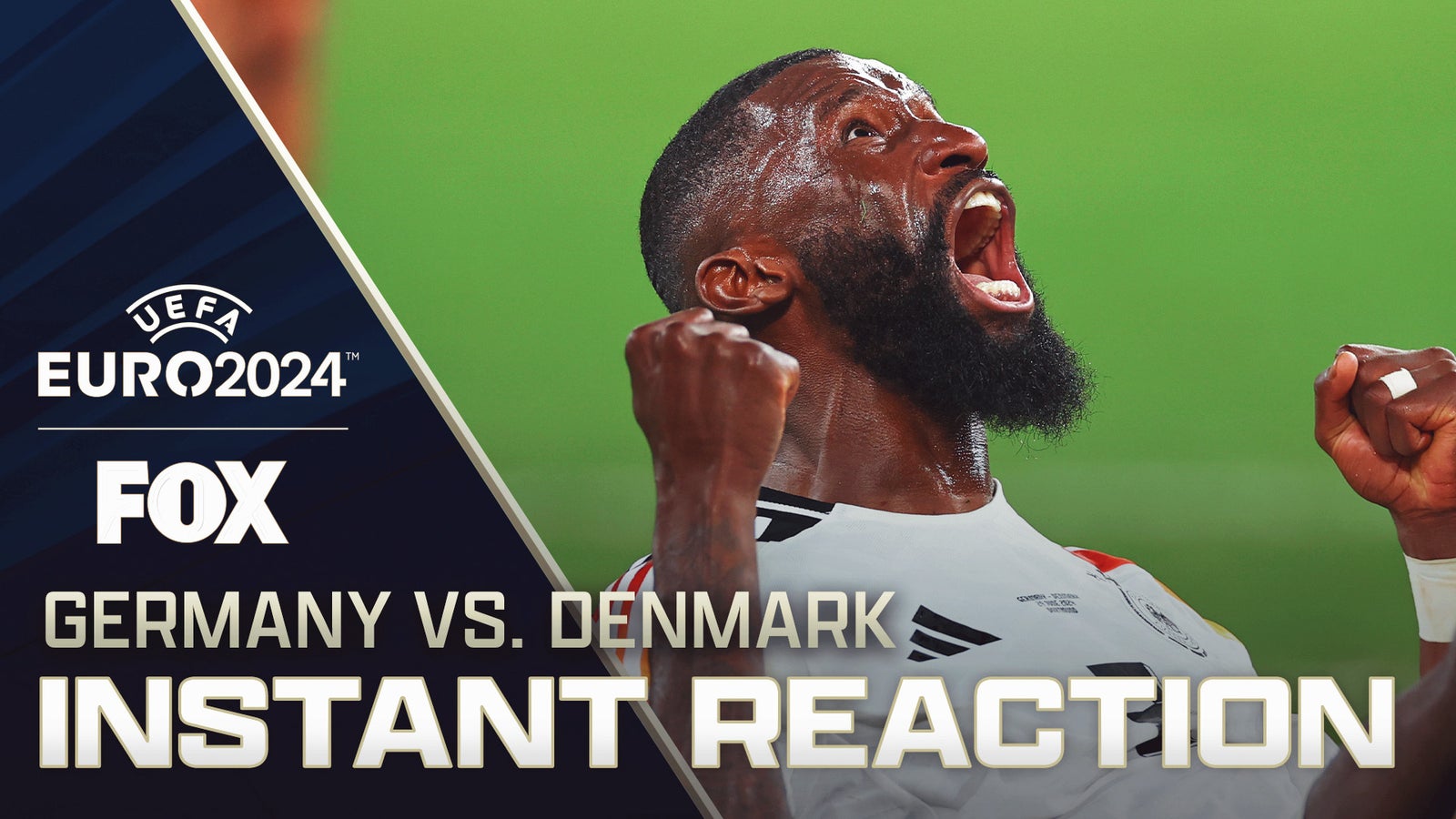DORTMUND, Germany — “Major Tom,” if he was real and not a lyrical creation of 1980s German musician Peter Schilling, would be a busy man right now.
He’s everywhere, the esteemed Major, lauded in stadium speaker systems at volles volume and even more passionately in the stands, the streets, the S-Bahn trams, and the late-night drinkeries where fans go to celebrate Germany winning its way onward at Euro 2024.
Jerseys bearing “No. 1 — Tom,” have a way to go to catch up with “No. 8 — (Toni) Kroos,” but that might just be because the most popular song of Euro 2024 has seen its star ascend so rapidly, despite having been recorded four decades ago.
Why, though?
ADVERTISEMENT
Three months back, Adidas featured Schilling’s 1983 new wave chart-topper in a domestic advertising campaign aimed at getting Germans behind Julian Nagelsmann’s national team, trying to build some excitement around a young group of stars and a squad, frankly, that hadn’t performed very well in the buildup.
Those struggles seem hard to believe now, with Jamal Musiala a national treasure at just 21 and joint top scorer of the Euros, and with the hosts having surged into a quarterfinal against the winner of Spain–Georgia behind three wins and a thrilling late tie against Switzerland, secured by beloved forward Niclas “Fulle” Füllkrug.
Germany is on a tear, and when you hear Schilling’s electronic tones, in its original German rather than the subsequently-adapted English version, it usually means good things are happening, like beating Denmark in Dortmund amid a hailstorm complete with lightning, thunder, and a temporary stoppage of play.
“For years, the national team wasn’t in a great state,” Schilling told the Guardian. “There was a deep gulf between the fans on the one side, and the officials at the football association on the other. There’s something about the timing of the song that hits the spot.”
There is a fresher approach at the federation these days, relishing rather than resisting cult fandom and trying to facilitate more of it. After a supporters group engineered a petition to make “Major Tom” the official anthem played when the national team scores a goal, it took just days for the proposal to be accepted.
So, Germany instructed its stadium DJs to play the song after the team scored in friendlies, pumping up an atmosphere which, in meaningless games, can sometimes be a little drab.
It has now become associated ubiquitously with German soccer because everyone loves it, the latest example of everything Eighties being cooler now than it was then. Think how Kate Bush’s “Running Up That Hill” made a spectacular return on the back of “Stranger Things”, and you’re on the right track.
UEFA regulations prohibit the song from being played after goals at the Euros, but you are allowed to play it before and after games, and they’ve certainly been doing that at the various venues, which is why everyone went home singing it after the 2-0 result on Saturday night.
Schilling is 68 now. He loves his soccer, and even flirted with the idea of a pro career in his youth before devoting himself to music. He gets how the game can sum up national feeling and understands what songs can do to be part of that.
And how quickly they can catch fire.
“I’m used to overnight successes,” he added. “But in the 80s, overnight meant a momentum would grow behind a song over the course of a few weeks. Now it really happens overnight.”
Tournaments are strange things. They are perhaps the most communal time in soccer, nationalistic at their very core but in many ways, oddly, less tribal than the club game. There are exceptions, of course, but in most cases, those who go to attend these things in person latch onto the idea of being part of something bigger than themselves, or their specific nation.
At the Germany-Denmark game, you saw fans with jerseys representing the Netherlands, and even England. That’s not going to happen at, say, a World Cup qualifier in mid-winter. And good luck wearing a rival club’s garb to an English Premier League or a German Bundesliga game.
Music and the Euros have some prior connective tissue. In 2016, Gala’s “Freed From Desire”, adapted with fan lyrics lauding Northern Ireland’s back-up striker Will Grigg (Will Grigg’s on Fire) was chanted by supporters from everywhere, both sets often joining in at the same time, at the same game.
That happened once more at the last Euros, when Neil Diamond’s “Sweet Caroline” unified everyone in a series of endless “ba-ba-bas” when the tournament was held all across the continent.
Soccer fans are a quirky bunch. A song or a theme doesn’t necessarily need to make sense or be a perfect fit, it just needs to seem right at the time.
“Major Tom” feels right, fitting with the 80s revival and just an absolute rocket ship of a tune, so let’s ignore the fact that it appears to be, if we are taking things literally, about an astronaut who willingly floats off into space, death presumably pending.
It’ll be heard on a loop for as long as Germany stays in, and it’s spread enough that it’ll go further than that, even if the host team does not.
The Major is making himself heard, loudly. Proudly, too. He’s the sound of success in this summer of soccer, but more than that, he’s the anthem of what a tournament should be — a celebration.
Martin Rogers is a columnist for FOX Sports. Follow him on Twitter @MRogersFOX and subscribe to the daily newsletter.
recommended

Get more from UEFA Euro Follow your favorites to get information about games, news and more











